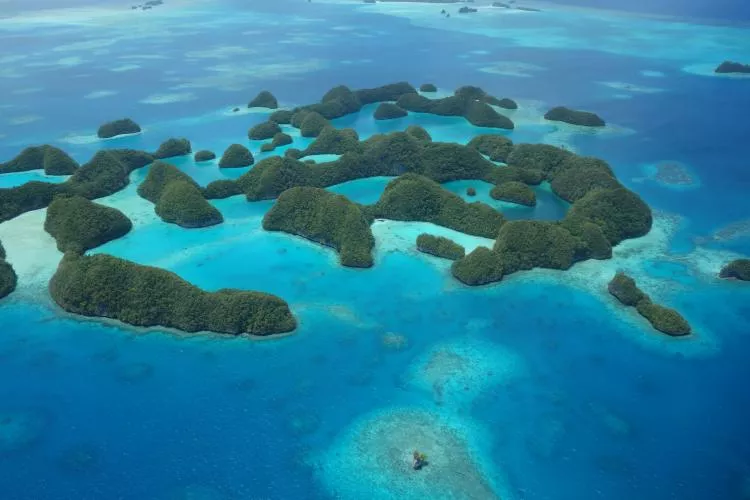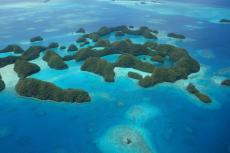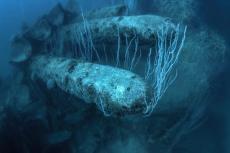Pacific coral reef shows increase in climate resistance
Coral reefs in one part of the Pacific Ocean have likely adjusted to higher ocean temperatures.
The ability of coral reefs to adapt to changing ocean temperatures is a pressing question in marine biology.
Coral reefs are currently experiencing significant declines. These declines are primarily due to marine heatwaves, which lead to widespread coral bleaching and mortality. Understanding how coral communities can adapt to increasingly severe and frequent marine heatwaves is crucial for their survival in the face of climate change.
The rate at which thermal tolerance can increase naturally has remained largely unknown, despite its critical role in determining to what extent coral assemblages can keep pace with ocean warming.
To find out, researchers at Newcastle University embarked on a study to unravel how quickly coral reefs can naturally increase their thermal tolerance. Their study paid particular attention to historic mass bleaching events, using Palau, a remote Pacific coral reef system, as a case study.
It is possible
The study showed historic increases in the thermal tolerance of coral reefs are possible. The results demonstrate how this capacity could reduce future bleaching impacts if global carbon emissions are cut down.
Drawing on decades of field observations, the scientists modelled many possible future coral bleaching trajectories for Palauan reefs, each with a different simulated rate of thermal tolerance enhancement. They found that if coral thermal tolerance continues to rise throughout the 21st century at the most likely historic rate, significant reductions in bleaching impacts are possible.
Our study indicates the presence of ecological resilience to climate change, yet also highlights the need to fulfil Paris Agreement commitments to effectively preserve coral reefs.
— Liam Lachs, study lead author, Newcastle University
However, the researchers also note that if mass coral bleaching conditions occur two or more times per decade at any given reef, it is likely this is too often to allow for reef recovery.
On the other hand, if the most likely historic increase in thermal tolerance could be maintained throughout the coming century, bleaching projections were substantially reduced across all emissions scenarios.











































